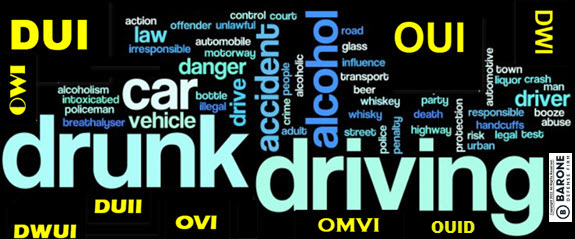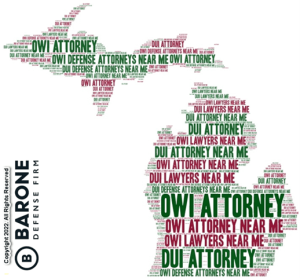Search
Michigan OWI for Financial Professionals: Legal Troubles and Career Impact
Financial professionals, whether advisors, planners, brokers, or CPAs, are entrusted with clients’ financial futures, and if they maintain a clean record and act responsibly, they can build successful, respected careers.
But an OWI charge in Michigan can jeopardize that trust because it raises legal, ethical, and reputational red flags that regulators and clients cannot ignore, and without experienced guidance, it can snowball into professional consequences.
Therefore, it is crucial for licensed professionals facing an OWI to work with a defense attorney who understands both criminal law and the licensing implications, so they can protect their career, preserve their credibility, and chart a path forward.
 Michigan Criminal Defense Lawyer Blog
Michigan Criminal Defense Lawyer Blog





 What is Proximate Cause?
What is Proximate Cause?